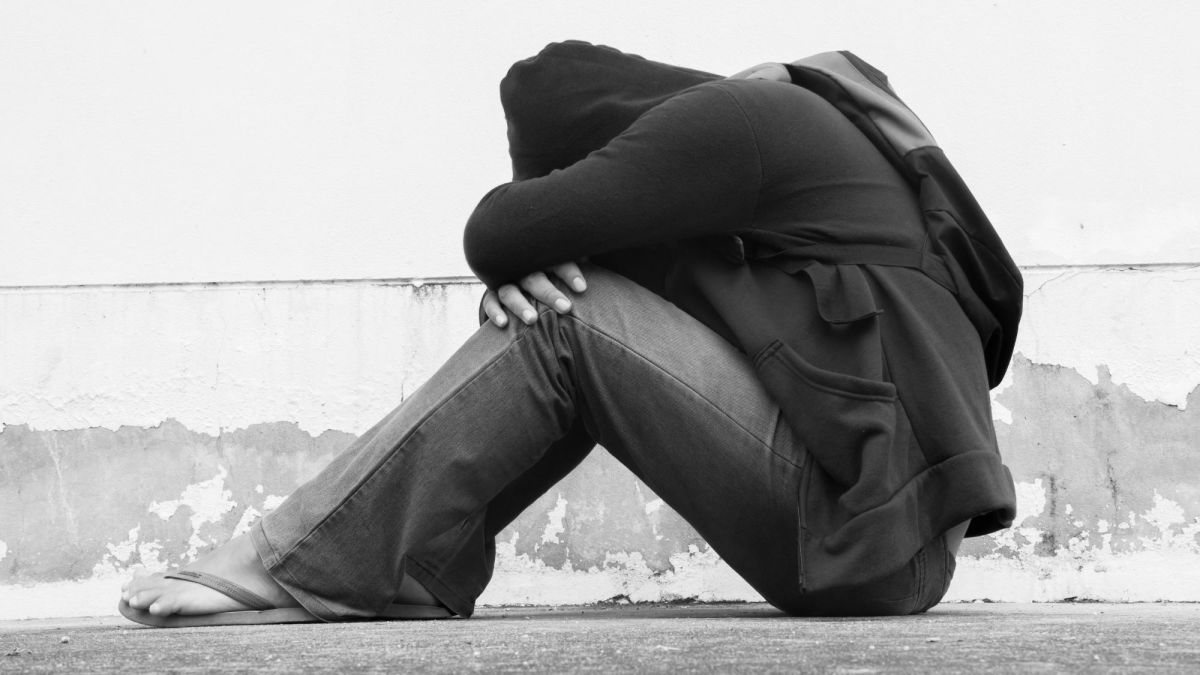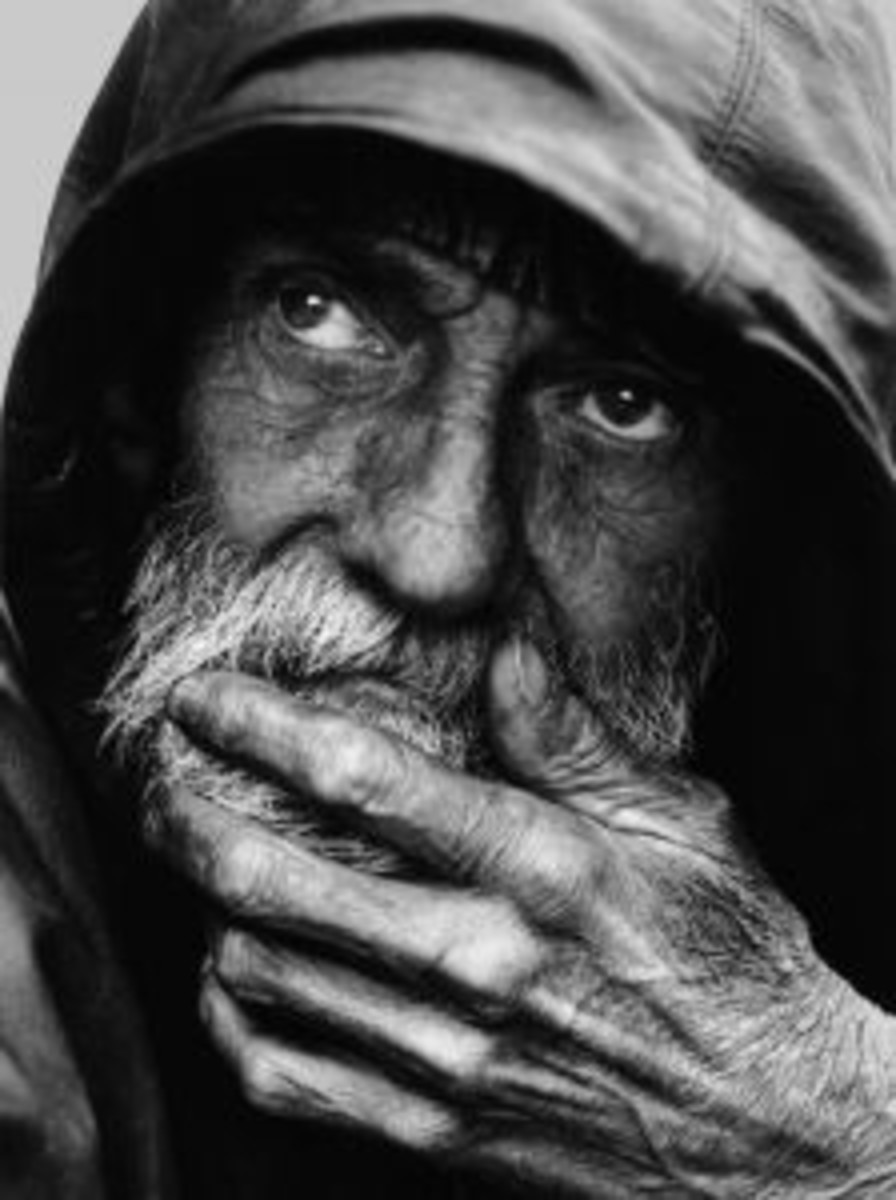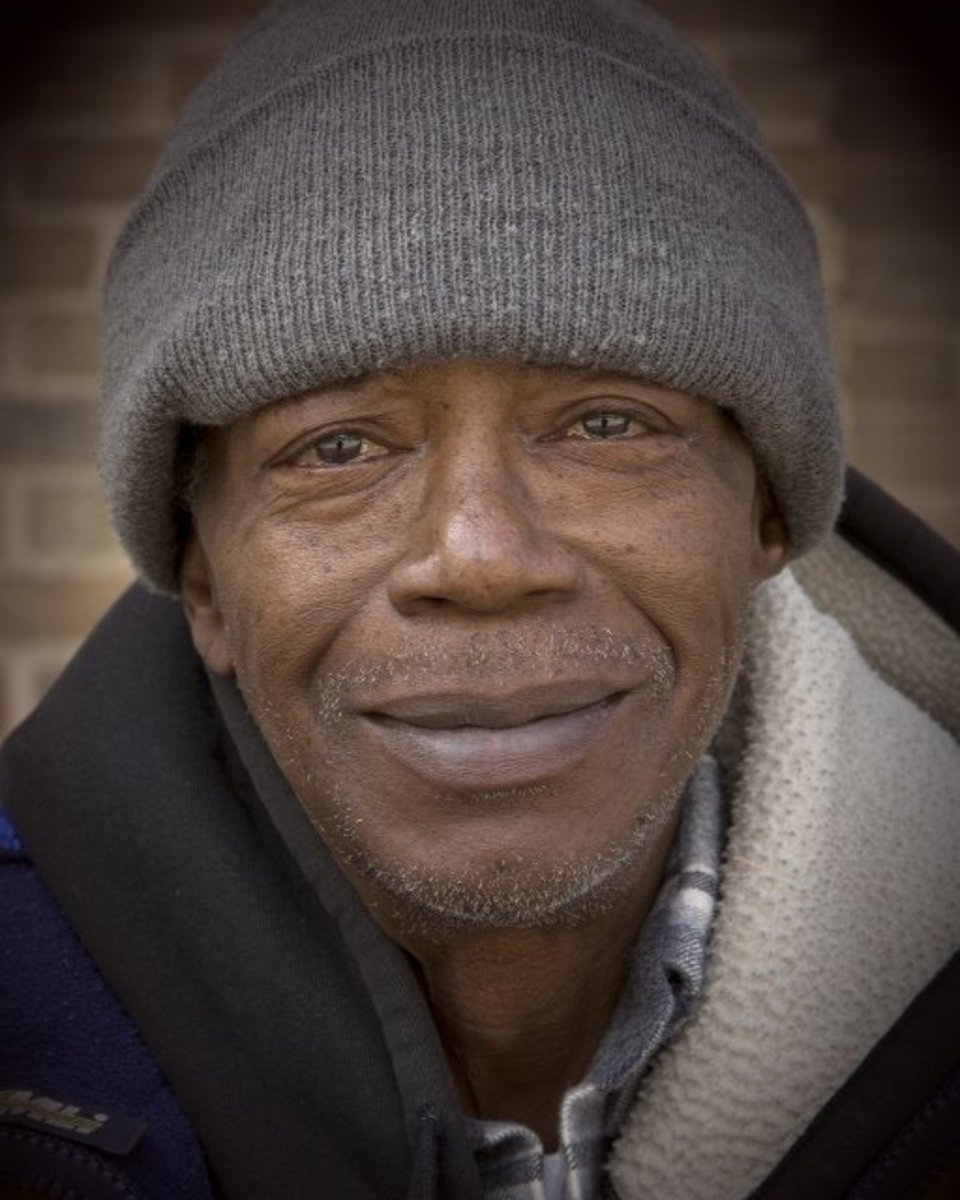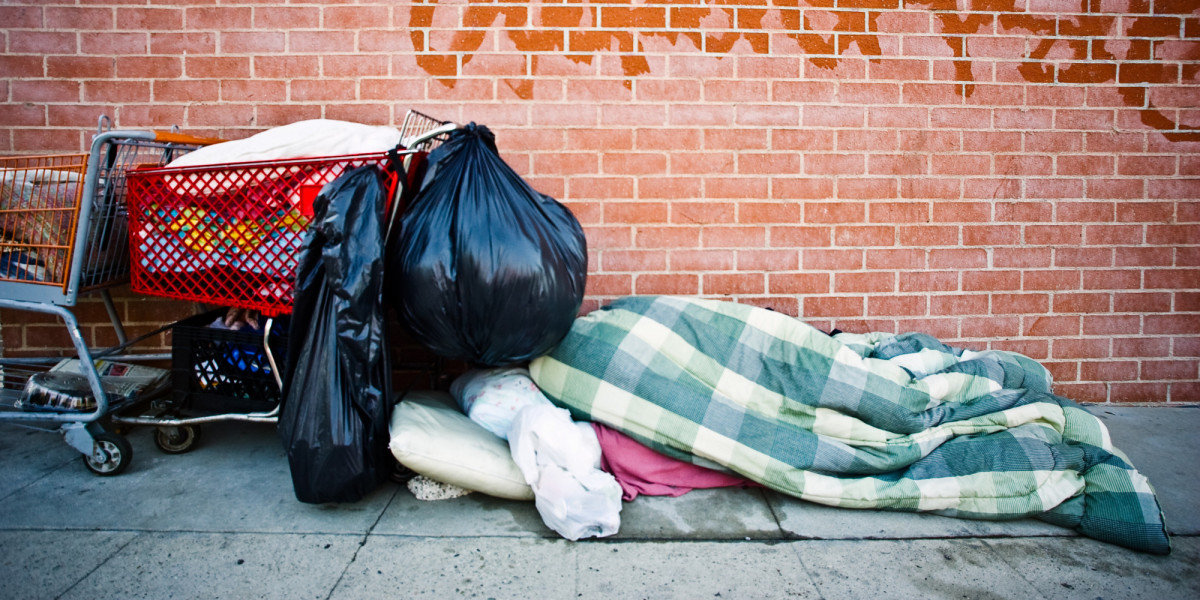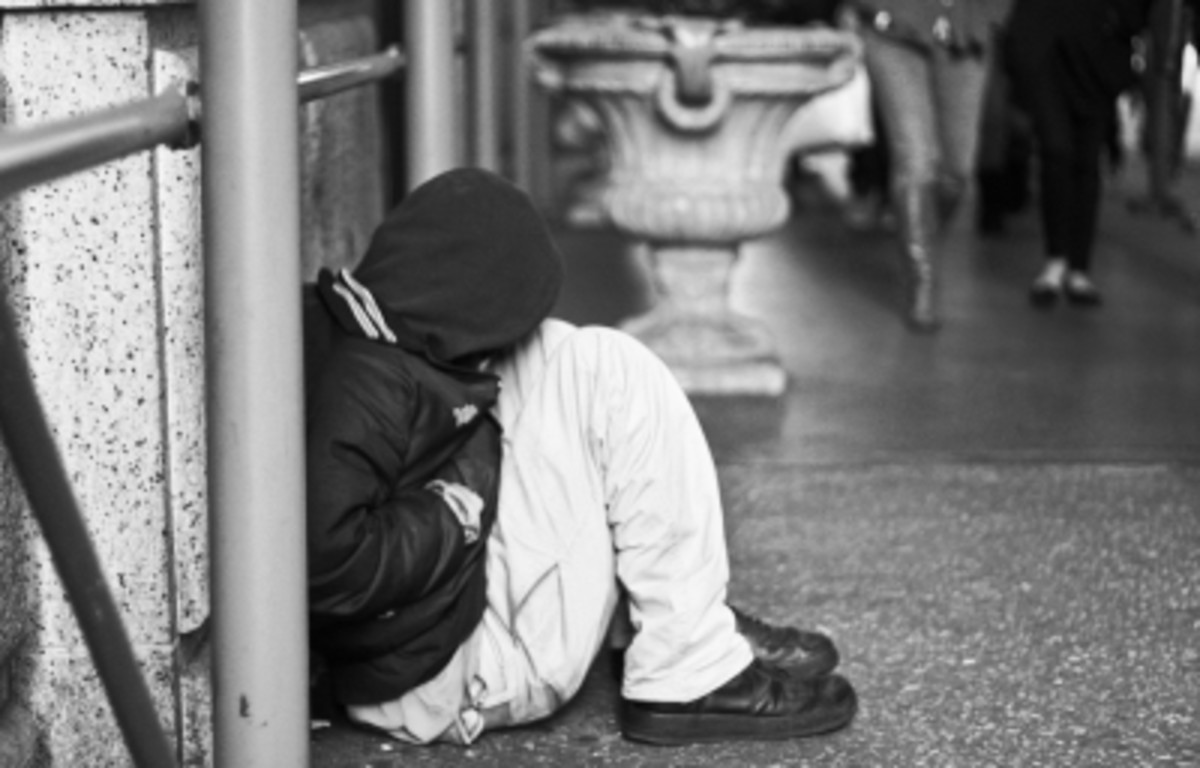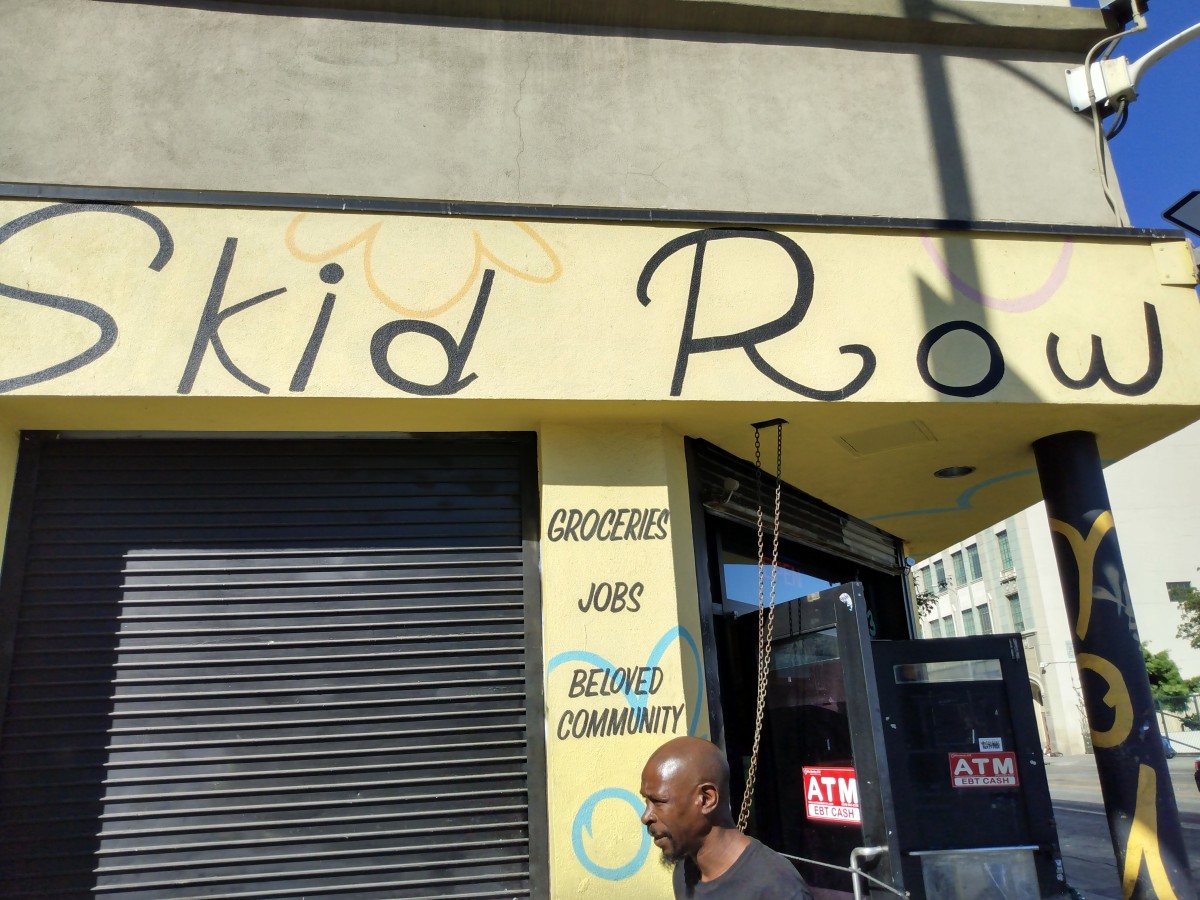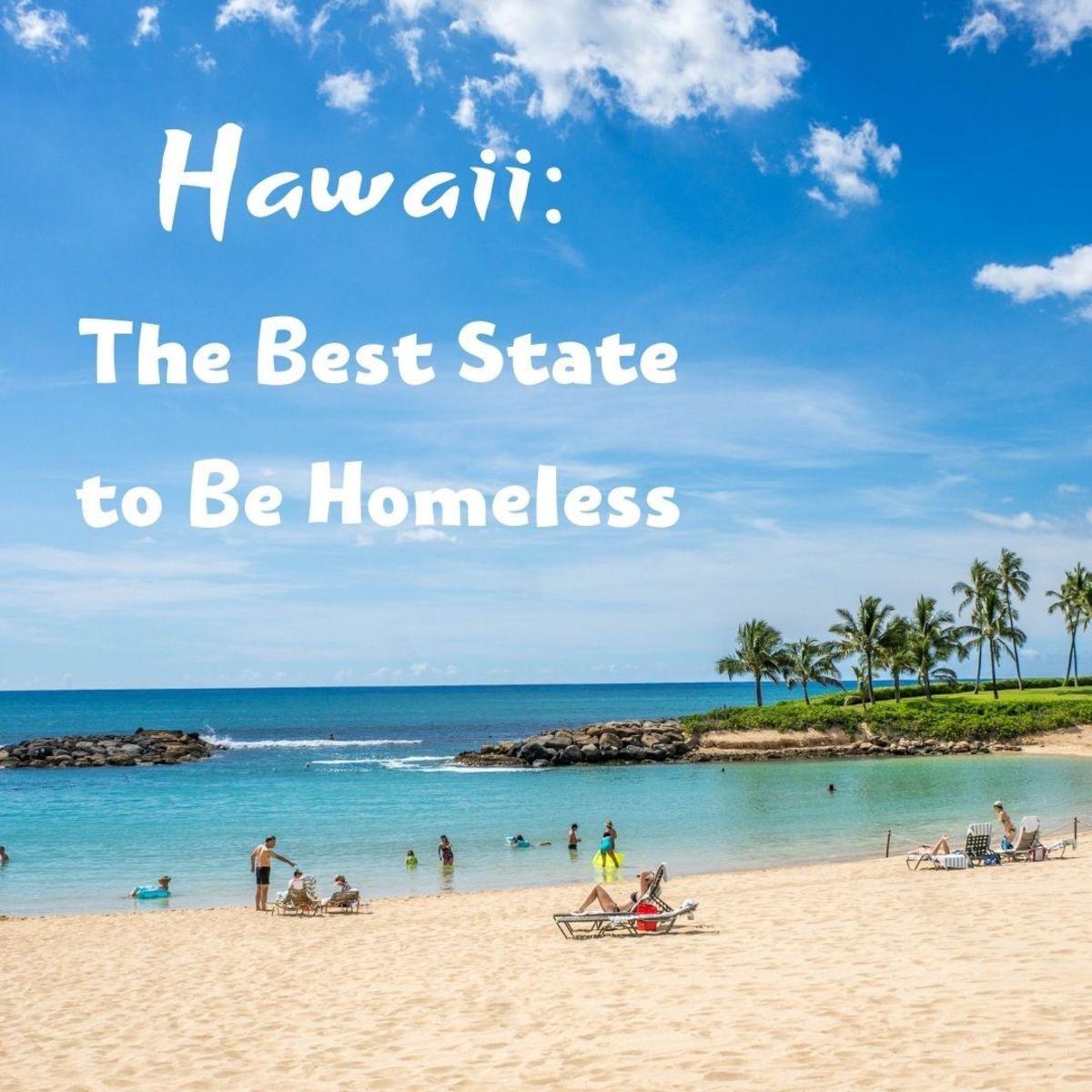A Home Is More Than Just Place to Live
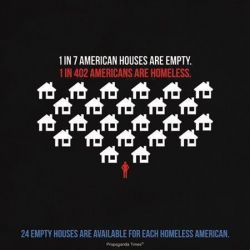
Home is where the heart is
“Home” is an emotional word – referring more to how we feel than to a place. .
Physically, our hearts are inside of us. Our heart, primary “home”, and physical “residence” is (within) our physical bodies. In that sense, it is only possible to be “homeless” if/when/while we are somehow out of our bodies - or minds. In many ways, we really "live" in our minds, dreams, and imagination - and in the hearts, memories, and impact on others. We may have a virtual presence "online" and have "home pages", but they are not really anyone's "homes" nor where we "live".
Words matter - because they affect how we think, feel, and act. Where and when and how we "live" is NOT restricted only to a particular location or type of shelter.
We can and do (continue to) "live" everywhere we are and go - until we are dead.
Even after death, we can continue to "live on" - in and through others each time they think of us or feel, act, respond, experience, or get something because of us.
There is a big difference between a "house" and a "home." Wherever we lay our hat may be our home – or not - depending upon our emotions about it. Having "shelter" or a "permanent address" is not the same as a "home" or "housing".
“Home” is a relationship. We may feel “at home” WITH some people regardless of WHERE we are. The converse is also often true. It’s often less important WHERE we are than WITH WHO we are. Either way, what really seems to matter is how we feel about it. How we feel emotionally has a lot to do with how we think and relate.
This lens/hub reflects some of my thoughts and feelings about "homelessness".
Wanted: house, home, hope
The following are comments that I have posted in the past on other people's blogs regarding "the homeless" (problem). Hopefully, they will make sense on their own.
Money doesn't buy, create, or result in happiness - but lack of money certainly doesn't, either! Happiness is independent of circumstances - including finances.
And there are many other kinds of and aspects to "wealth" than just money - that sometimes people with less money have more of than those with plenty of money.
Our greatest wealth isn't financial or even health, but our relationships - especially with others but always primarily with ourselves. The value of good relationships is far greater than that of "money" - which comes from and is exchanged with others.
Money is really only an idea and social agreement. Without mutually supportive people in our lives, even with plenty of money, we are poor, and usually all alone.
While it is certainly possible to be content and even happy alone, happiness is not the "goal" of life - nor might even be "self-actualization". A more fundamental need is to "belong" - and a higher "purpose" is to "share" ourselves and "serve" others.
The desire to be "accepted" and "appreciated" is often greater than to be "loved".
Everyone wants WHO they are and WHAT they contribute and share to be "seen" and "valued" and to make a difference in some way to someone. Nobody wants to be an (irrelevant, unwanted, and unneeded) "outcast" with no place to call "home".
The term "significant other" implies that everyone else is NOT "significant". That leads to "problems" - in many areas of life. Everyone and everything is connected.
We constantly influence and affect each other - even when we are not aware how - or how significantly. We also infect them with our ideas and emotions. Our impact on other people's thinking and behavior may seem subtle at times, but it still exists.
Money can sometimes purchase access and result in influence and social status - but if any of the latter are dependent upon money alone they can be quickly lost.
While "economics" and "affordability" of "housing" does play a large role in why so many people are "homeless", the ROOT of "homelessness" and MANY other social problems, including school shootings, suicides, drug abuse, bullying, crime, and terrorism, is mostly a result of individual and societal relationships and values.
IF people had supportive relationships with others they would not be "homeless"; they would have somewhere to go they felt wanted, appreciated, and belonged.
Unity is plural - and like harmony and synergy requires at least one other to exist.
Far more people than would like to admit it are only one natural disaster, accident, incident, injury, illness, family death, legal action, asset/investment/job loss, or a business/relationship break-up away from (potential) "homelessness" themselves.
There would be far less mental illness and far fewer people "acting out" (violently) in personally and socially harmful and destructive ways IF they truly felt accepted and valuable and needed and had a place they belonged, something to contribute to, and a future to look forward to and live into, yet more and more people do NOT.
Our society and culture seems to expect everyone to go along to get along and to just find inspiration and support and a place and way to fit in on their own (mainly as compliant employees, consumers, and taxpayers). Many don't, won't, or can't.
The highest and best use of what anyone could offer, contribute, share, or benefit from is seldom even identified, let alone cared about, and actually (re)"purposed".
The "untapped" and un(der)utlized "human resources" available in jails/prisons, in shelters, and on the streets is probably far greater than most people can imagine.
"The homeless", "the unemployed", and "the mentally ill" are meaningless terms – that say nothing (else) about the individual humans they supposedly describe and categorize. These labels ignore almost everything about individuals and just group them all together with the belief that they "should" all be like someone else wants.
I suspect that most numbers and statistics compiled are largely made up – based upon assumptions and inaccurate conclusions. I know MANY not ever "counted" in any census, social service program, or an annual one-night tallying of obviously temporary shelters and visible people sleeping outside in easily accessible areas.
FAR more people than people seem aware do NOT sleep in shelters NOR get their food or anything else from organizations knowing or tracking "residential status".
I suspect that actual number of people at any given time sleeping in a vehicle in a driveway, on the street, in a parking lot, or not on a road at all, in a tent or under a tarp or just a blanket on the ground, on a sidewalk, in a parking lot, on a bench, in an alley, on a beach, in a park, in a canyon, in a river bed, behind bushes, near a trail, under or up in a tree, in or beside a dumpster, under a bridge or overpass, in a cave or tunnel, or subway station, in an all-night restaurant, at a gym, office, or wherever they work (after everyone else leaves - and goes "home"), or temporarily on someone's else's floor, couch, or spare bed is MUCH higher than most "official" statistics, "unofficial guesstimates", and any resulting extrapolated "projections", based on common flawed assumptions and beliefs, probably ever account for.
Working at McDonald's or other commonly suggested entry level jobs would often actually be a HUGE "demotion" for many "unemployed"/"homeless" individuals and would not likely identify, care about, nor seek to nurture, develop, and benefit from their greatest and often unique gifts, talents, abilities - NOR change their financial or living situation significantly. It would only help "account for" and "control" them.
Many panhandling and/or even sign-holding "scammers" (begging for donations) earn more than the "jobs" suggested for them as alternatives. Few truly "needy" people actively ask for, actually expect, let alone receive and accept, assistance.
Institutionalization or even hospitalization is the same as imprisonment for many.
Many in need don't know WHO or HOW to ask, don't "qualify", are too "proud", or have given up hope entirely. Many just suffer silently - seeking to be "self-reliant".
Surprisingly, MANY of the rich and successful people I have met, know, or read about have been homeless, houseless, and/or hopeless at some point in their life.
"Every master was once a disaster." It's a situation that is MUCH more common than many people are aware – and NOBODY is really guaranteed "immunity".
Like with "handicapped" or "disabled", people need to realize that EVERYONE, WITHOUT EXCEPTION, will at some point, in some way NOT be able to take care of themselves (completely or sufficiently) by themselves without help from others.
When you get sick, hurt, old – just to name the three most common conditions that affect pretty much EVERYONE before they die – you will have a better idea (as one of them) what most other "labeled" people really/actually need...because you will (then) too!
My experience during homelessness has been that most people either don't believe me, try to help me with things I don't need rather than what I do, "judge" me and try to tell me what they think I should do, or just get weird and not want to be around me if/when they find out. Few who have not YET been without a home/place to go seem to even be able to imagine what it is like (without creating some kind of overly unrealistic negative image).
Consider this: a LOT of people WITH money and choices live in RVs all year round, yet those whose houses burn down, are hit by tornadoes/hurricanes, slide down a hill or are flooded out and temporarily do the same thing are often considered "homeless"...without anyone acknowledging how lucky they actually are – even if more and more cities make it illegal to park overnight, live in a car, or not have a "real" (permanent physical) address. I find it amazing that people actually pay (a LOT) to "camp". At least they don't get hassled by the police just because people are uncomfortable with anyone who doesn't pay to be in/near their neighborhood – especially on a regular basis.
If you do a blog about misconceptions about being "homeless" be sure to point out that many people who "housesit" or have friends that take them from time to time are also homeless, just not houseless, as are many who travel or from time to time pay for a room in a hostel, hotel, or temporary room somewhere.
Many people with no regular place to live have jobs or earn income. Many do not, especially on a regular basis. Most migrant and day laborers are either "homeless" or just live where they can/are hassled least. Hospital emergency rooms often have quite a few "homeless" people as regulars – not even by their choice. People see them sleeping in a canyon or somewhere else they are afraid to go and call 9-1-1. The "problem" is that there is often nothing wrong with them and they can't pay all the costs incurred for the services they didn't want in the first place. The same is true with psych wards. Many come and go that really don't need to be there at all – other than for a "meal", warm place to sleep and illusion that someone actually cares (a little) about them.
You might be surprised at the "lame" reasons people have for attempting suicide. We live in a society seemingly unable or unwilling to treat each other with dignity and respect, let alone act like others may be important, matter, make a difference or offer something that would benefit everyone. Television is the ultimate example of this. Am I the only one who is offended – by almost everything aired?
Instead of pretending to be "politically correct" and/or "sensitive" I'd like to see more OVER-reactions that make people REALLY think about what they say and how they treat others. Until people learn to treat EVERYONE with kindness, courtesy and caring, I don't think much will change for the "homeless".
"Homeless" (is more emotional and means lacking a "home" or a place of ones "own" to return to or think of oneself as from, a part of or belonging to) and "houseless" (which is more physical and means lacking a "house" or permanent shelter) are not interchangeable terms. The same is true for living and sleeping.
Many "houseless" people sleep outside: on sidewalks and benches, in doorways and parks, under trees and overpasses, and just about anywhere else you can think of (rather than in community "shelters", vehicles, or tents). Some sleep with others. Some sleep alone. Most do NOT sleep in "camps". Some are old. Some are young. Most "houseless" children are not runaways.There are many families without a house to sleep in. Some have jobs. Some are unemployed. Some are unemployable. Some are addicts. Some are hustlers or thieves. Most are basically good people. Some seek out others (as friends, partners and/or casual acquaintances). Some are loners. Some are (all too) visible reminders that there are many that do not enjoy the wealth and standard of living many Americans take for granted. Some stand or sit for hours with signs advertising their situation and requesting help. Most would rather not be in the spotlight. Many have jobs or go to school just like those who sleep in houses. Most have something of real value to offer the society that usually offers them so little in return. Few are even given a chance to contribute. Instead they are labeled, ignored, hassled and/or abused.
The "houseless" are not so much a "burden" on society as a "threat" to the perpetuation of myths that our government and schools would like us to believe. Seeing them usually doesn't evoke compassion. It often scares those who live in houses. It forces them to face the reality that their health, jobs, lifestyle, family support, and living in a house are not guaranteed.
The "government" is not some all-powerful entity. It is a massive bureaucracy composed of many individuals, only a few of which are elected (or even appointed) and accountable to the public. One in 5 (or 20%) of Americans are in some way part of the "government". Urging or relying upon government action is not enough.
People must also accept and take individual responsibility and action (for anything to really change or get "better"). If people lead, the government will follow – and make it official.
The end of the year, with its many family-oriented holidays, is also the start of "suicide season". It is getting colder, darker, wetter and more isolating for many citizens of this "great" country, especially for those who do not live (with others) in some kind of (permanent) housing.
MANY people have no family (or real friends) to turn to for help, support or encouragement. People tend to die as they lived. For too many, this will be alone, unnoticed, unappreciated, unwanted and uncared for. Whether others realize it or not, the loss will be theirs. The most important things someone can do for children and/or the homeless is to help them feel good about themselves, make them feel wanted and that they make a difference, and give them hope and place in society.
Many of the "houseless"/"homeless" and "at risk" youth are really just "hopeless".
We must let them know that we have not given up on them. The more we demonstrate our caring and belief in them (individually) the better WE will become and the more likely they will fulfill their "purpose" and contribute what only they can (if we would but just help/let them).
Spend Time and Pay Attention - Instead of Money
The majority of the U.S. economy and GDP is based upon consumer spending during the last few weeks of the calendar year. Perhaps instead of spending money shopping for family and friends, we might consider spending a little time with someone in need.
Instead of taking a "rich" person to lunch, consider taking someone who is "homeless", "houseless", "hopeless" or "handicapped". You can learn as much, or more, from those who don't have money (or whatever else you think is important) than from those who do. If you want to give something (worth far more than money), give your time and attention. Share a meal and conversation. Open your heart - and maybe your home. It is not only kind, caring and compassionate to do so, it is cruel not to. You might be surprised by who benefits the most by making it a point to restore respect and dignity to others. We are "only" as great as the "least" among us. Don't assume you know which one you are.
The homeless usually don't need a handout - or sometimes even a hand-up. What they do need is to be treaty with dignity and respect and given an opportunity to contribute and share whatever gifts, talents and abilities that they alone may possess and offer. Sometimes the best thing you can give is to receive. It is good to ask them what they want and need. It is sometimes even better to ask them to help you in some way - and really appreciate whatever you get. THAT is something that could make more difference in their lives than you can imagine. Hope, ambition and inspiration are needed more than money, food or blankets.
I don't know about other places, but there are currently over 200,000 homeless children attending school in California - with an estimated 2 MILLION other kids in the state are considered "at risk" for homelessness (as a result of impending foreclosures alone). Around 500,000 military veterans are homeless. Chances are that there are probably people you know who either are or were homeless (without you even being aware of it). Here's wishing you never become one of them - and that you will think differently about those who are.
Click the link for a list of: Noted Individuals Who Have Experienced Homelessness
Hibernaculum
A hibernaculum is a shelter occupied during the winter by a dormant animal. The word "hibernate" comes from the Latin hibernare, meaning "to pass the winter".

